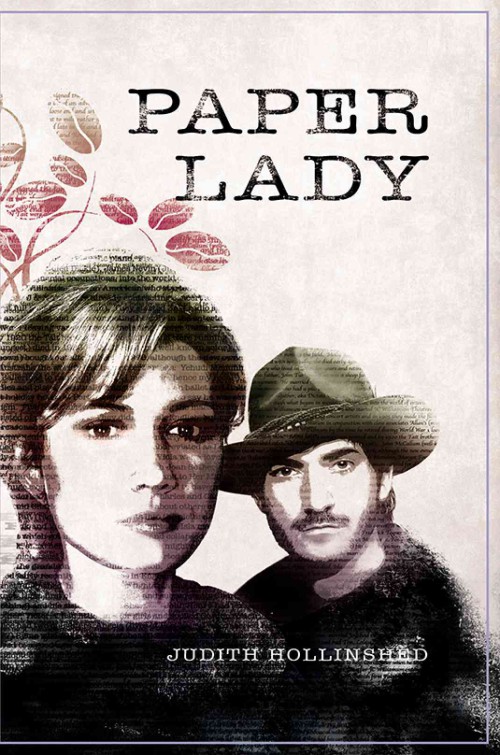
*Available directly from our distributors, click the Available On tab below
Always a would-be writer, it wasn't until Judith Hollinshed and her husband went to Papua New Guinea to grow coffee that she considered publication. She resigned reluctantly as correspondent for PNG's daily newspaper when legislation required their plantation be returned to the original owners. Back in Australia, where she found employment as a PR consultant, her memoir was published before she ventured into fiction.
Judith Hollinshed lived in the remote Western Highlands of Papua New Guinea where she and her husband were coffee plantation owners. There they raised two children under conditions that were primitive by western standards: dirt floors, no electricity, little sanitation, no means of communication, appalling roads, and no privacy. But there were compensations in the magnificent scenery and lush rainforests, with a unique flora and fauna. Despite the isolation they led an active social life with other plantation owners, patrol officers and officials from the few centres of ‘civilisation’ such as Mt Hagen. When her children left for boarding school Judith had time for other interests, among them becoming a news reporter and occasional rally driver, all detailed in a previous account of her life there*. Hence, she is uniquely qualified to write Paper Lady, a novel that is part thriller, part romance, about the turbulent times during the transition from Australian governance to the independence of PNG. Included are the parallel complexities of relationships within the families of coffee growers, their New Guinean workers, the many local tribes, and between these disparate communities. Through years of living alongside one another these groups appeared to live in relative harmony until the imminent handover of the country from Australia to New Guinea, when rogue elements from both communities appeared. The situation is in part exacerbated by the meddling of a well-meaning but naive reporter with no experience of the local complexities.
The author keeps up the tension and the plot is relatively easy to follow, even easier if you know the local geography (I don’t). I would have liked a chart of relationships, and a map of the localities, but the list of Pidgin English words and phrases was welcome.
Paper Lady is a timely illustration of how difficult it can be to govern two cultures with the same set of rules. It is a must for those expats who lived through the volatile transitional period, and will be a fascinating read for those who have not ventured into the highlands of PNG. I found it an entertaining novel with a magnificent setting.
Dr Anne Warren, Emeritus Scholar, La Trobe University, Melbourne.
*Hollinshed, J. Innocence to Independence: Life in the Papua New Guinea Highlands 1956-1980. Pandanus Books 2004.
I enjoyed the fast moving action of Judith Hollingshed's novel, "Paper Lady". It was a good read for me not only because it is a cracking story but also because it is believable. Judith has succeeded in presenting the issues involved in Australia's interactions with P.N.G in a fairly balanced manner, as part of the action and without spoiling the narrative. I think that anyone who has lived or worked in P.N.G would find the novel fascinating. For readers who have not been there, it supplies some opposing views and opens many questions.
We use cookies on this site to enhance your user experience and for marketing purposes.
By clicking any link on this page you are giving your consent for us to set cookies